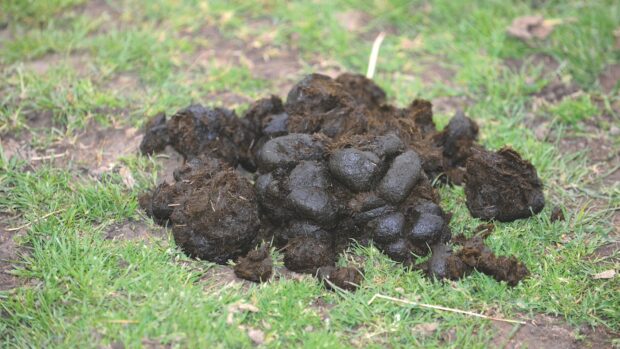Q: At my yard, worm counts are done on a regular basis, and if the horses come back with less than 50 eggs in the faeces (a reading of zero), no worming is performed.
We are allowed to worm if we think it is necessary, but it is not a requirement.
In that past I have wormed my horse according to my own worming plan, rather than based on worm count results.
If we follow the yard’s guidelines, some horses will not have been wormed for years. Can this be the correct thing to do?
EH, Tyne and Wear
Gillian Booth of Westgate Labs, providers of postal worm egg counts, replies:
“Worms can cause serious problems for horses, so you are right to be cautious,” Gillian said.
“First, regarding worm egg counts, it is important to time the tests correctly — samples should be taken when worming is due, as this is when eggs start to reappear in the dung. A series of tests, taken every three months, will give the best picture.
“Your yard results are excellent at less than 50 eggs per gram — in effect a count of zero. This is the widely accepted, correct way to report a clear result,” she continued.
“A count will normally show the presence of adult, egg-laying redworm and roundworm. It is not a definitive test for tapeworm, so your yard should have a policy in place for this, regardless of worm count results. This might be an ‘Elisa’ blood test, taken by your vet, a saliva-based test, or a wormer that covers tapeworm.”
Another important consideration is the possibility of “hidden worms” — encysted stages of redworm.
“As these immature stages can be dormant for several years and don’t lay eggs, they can’t be detected in a faecal count,” said Gillian.
“A routine winter dose to target encysted worms is recommended as standard.”
Horse & Hound (17 September, ’09)



